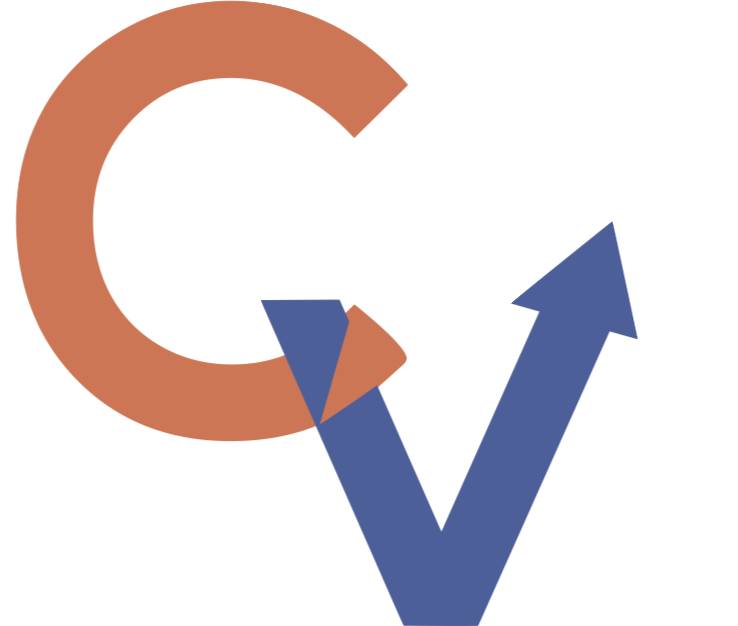How to Position Yourself for a Remote Job
The trend toward remote work is here to stay, evidenced by companies investing a lot of resources into health and wellness programs as the shift continues. Over the past year, we’ve helped numerous people position themselves for a new role, and almost all of these jobs started out remote and many will remain that way. If you’re set on working from home for the long term, you need to show you’re capable.
While some employers say they will require employees to return to the office within a certain amount of time, it remains to be seen whether this actually happens. It used to be that younger generations were demanding to work from home on a regular basis; now, this concept stretches across ages and experience levels.
As these shifts in the workplace continue, employers are looking for 5 key attributes, not all of which are easy to show on paper or online, but a must.
What do employers want to see?
Experience working from home successfully. Some of us had worked from home for years prior to the pandemic. Many of us had never worked from home before. Either way, it’s important to give examples and spell out that you’ve worked remotely. One way to help you craft these bullets is to think about the following question: how have you dealt with the challenges of the pandemic professionally?
Accountability. The biggest obstacle employers see when it comes to assessing whether to allow remote work is if they can trust someone or not. What examples can you give from your work history that demonstrate the amount of responsibility and accountability for projects you’ve taken on either remotely or in an office?
Communication. This is where the biggest challenges are going to be as remote culture spreads. Communication is almost always an issue when in person, so it’s not hard to imagine why this creates an even bigger problem for remote teams. If you are a strong verbal and written communicator, present these examples in your materials. The ability to communicate with staff at all levels is important.
Collaboration. It goes without saying that strong collaboration skills are high on the list as well. Good collaboration and communication go hand in hand. Where have you shown strong collaboration skills and what did it involve? With whom were you working?
Adaptability. Teams are now comprised of people across geographies and time zones. How do you stay connected to your colleagues and partners? Go back to the earlier question of how you’ve dealt with the challenges of the pandemic professionally. That may give you an idea for how to show flexibility to changing circumstances as well.
